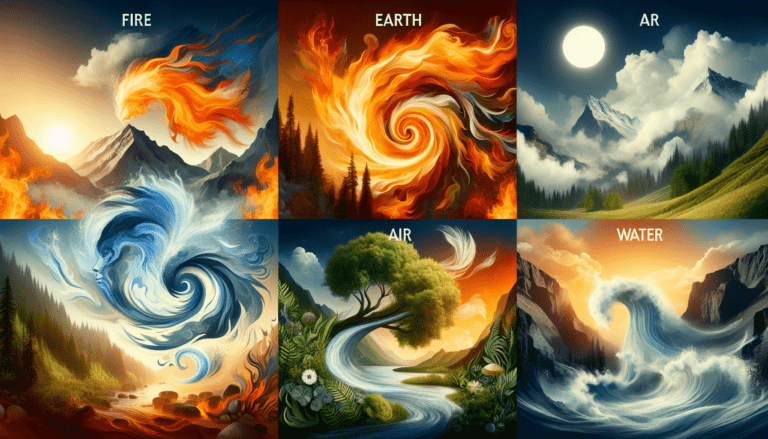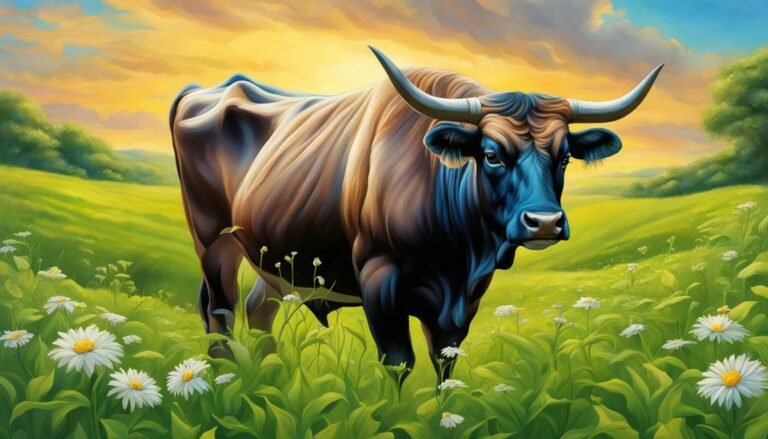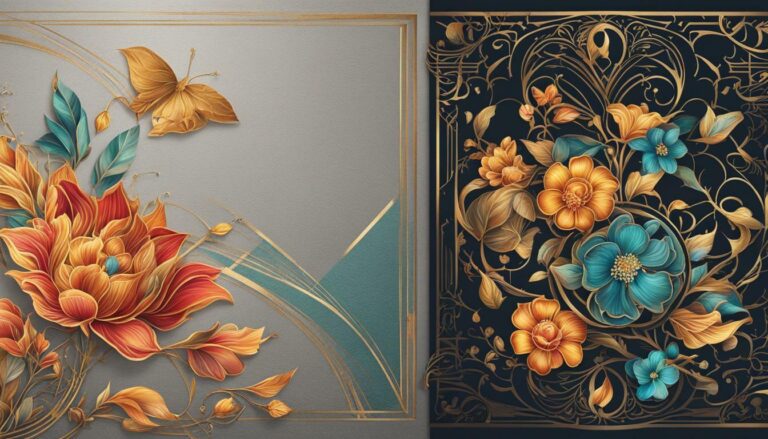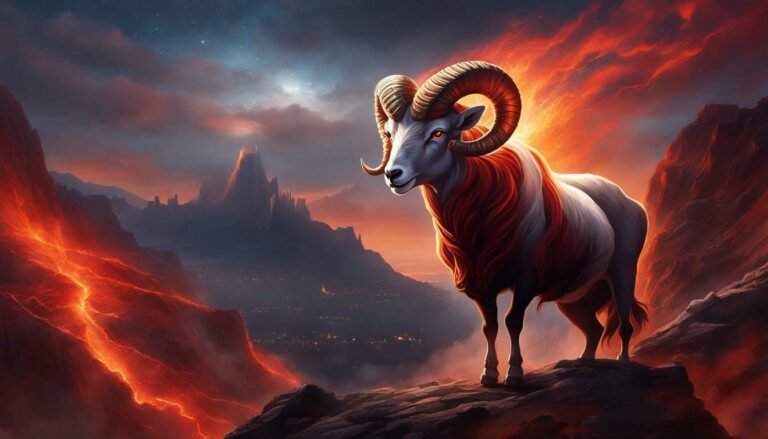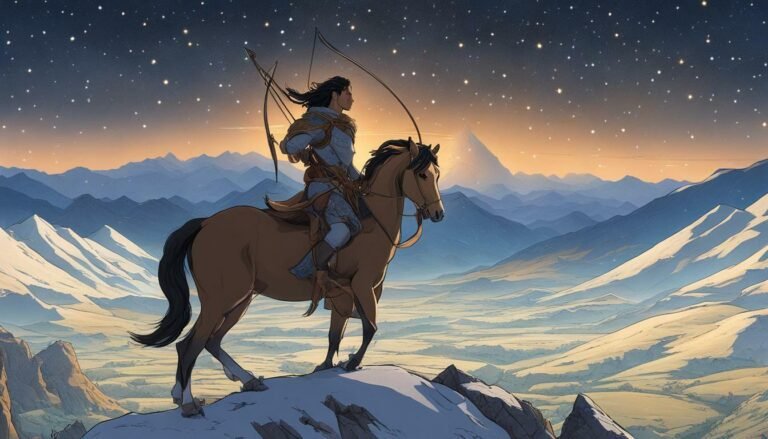Chinese Zodiac Vs Western Zodiac
Have you ever wondered about the intriguing differences between the Chinese Zodiac and the Western Zodiac? Understanding these two systems of cosmology and timekeeping can provide a deeper insight into your personality and fate. Each zodiac brings its own unique characteristics and methods of divination, and in this article, we will explore their distinct features, similarities, and cultural significance.
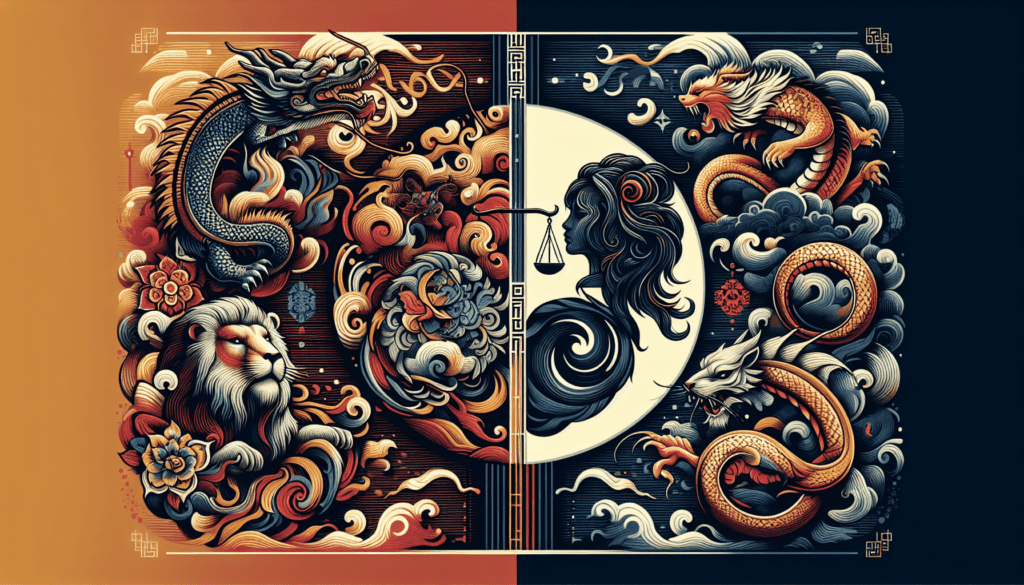
Historical Background
Origins of the Chinese Zodiac
The Chinese Zodiac, known as Sheng Xiao, is deeply rooted in Chinese culture and history. This system dates back over 2,500 years to the Han Dynasty. The Chinese Zodiac is a repeating cycle of 12 years, with each year represented by an animal and its reputed attributes. The twelve animals in order are Rat, Ox, Tiger, Rabbit, Dragon, Snake, Horse, Goat, Monkey, Rooster, Dog, and Pig. The myths and legends, particularly the story of the Jade Emperor’s race, play a pivotal role in the narrative of the Chinese Zodiac.
Origins of the Western Zodiac
The Western Zodiac, or Astrology, has its origins in the Babylonian era around the 5th century BC but was later refined by the Greeks. This system divides the sky into twelve segments named after twelve constellations: Aries, Taurus, Gemini, Cancer, Leo, Virgo, Libra, Scorpio, Sagittarius, Capricorn, Aquarius, and Pisces. Each sign, based on the apparent position of the sun at the time of birth, spans approximately 30 degrees of celestial longitude.
Basic Structure and Components
Structure of the Chinese Zodiac
The Chinese Zodiac’s 12-year cycle is divided among five elements: Wood, Fire, Earth, Metal, and Water, which cycle every two years and influence the animal sign. Each combination of animal and element occurs once every 60 years.
| Element | Years |
|---|---|
| Wood | Years ending in 4 or 5 |
| Fire | Years ending in 6 or 7 |
| Earth | Years ending in 8 or 9 |
| Metal | Years ending in 0 or 1 |
| Water | Years ending in 2 or 3 |
Additionally, the Chinese Zodiac includes the Yin-Yang (dualism) concept, where years (and hence animals) are classified as either Yin or Yang.
Structure of the Western Zodiac
In the Western Zodiac, the 12 astrological signs are equally distributed along the ecliptic, the apparent path of the sun:
| Sign | Dates |
|---|---|
| Aries | March 21 – April 19 |
| Taurus | April 20 – May 20 |
| Gemini | May 21 – June 20 |
| Cancer | June 21 – July 22 |
| Leo | July 23 – August 22 |
| Virgo | August 23 – September 22 |
| Libra | September 23 – October 22 |
| Scorpio | October 23 – November 21 |
| Sagittarius | November 22 – December 21 |
| Capricorn | December 22 – January 19 |
| Aquarius | January 20 – February 18 |
| Pisces | February 19 – March 20 |
Each sign belongs to one of four elements—Fire, Earth, Air, and Water—and one of three qualities—Cardinal, Fixed, and Mutable.
Key Elements and Nature
Both systems incorporate cosmic elements but in different ways. In Chinese Zodiac, the elements work on a two-year cycle influencing the annual animal sign, while in Western Zodiac, elements and modalities together define the personality traits of individuals born under each sign.
Cultural Significance
Impact of Chinese Zodiac in Daily Life
In Chinese culture, the zodiac influences numerous aspects of life including marriage compatibility, career choices, and even daily activities. For instance, people may consult their zodiac to decide something as minor as the luckiest day to start a project or as significant as choosing a marriage partner. Festivals like the Chinese New Year revolve significantly around the zodiac, with each year bringing specific characteristics and expectations.
Impact of Western Zodiac in Daily Life
The Western Zodiac, often linked closely with the concept of horoscopes, also plays a prominent role in the lives of many. Daily, weekly, and monthly horoscopes, which predict one’s future based on their sun sign, are immensely popular in Western cultures. Major newspapers, websites, and dedicated astrologers provide forecasts that guide individuals in love, career, and health.
Comparison
The extent of cultural embedding of both zodiacs reveals their respective importances. While the Chinese Zodiac is more inclusive of social customs and seasonal ties, the Western Zodiac usually focuses more on individual personality traits and personal fortune.
Symbolisms and Personal Traits
Animal Symbols in Chinese Zodiac
Each animal in the Chinese Zodiac comes with its unique characteristics:
- Rat: Intelligent, resourceful, versatile.
- Ox: Hardworking, reliable, honest.
- Tiger: Brave, competitive, unpredictable.
- Rabbit: Gentle, compassionate, artistic.
- Dragon: Confident, intelligent, enthusiastic.
- Snake: Enigmatic, wise, intuitive.
- Horse: Animated, active, energetic.
- Goat: Calm, gentle, sympathetic.
- Monkey: Witty, intelligent, playful.
- Rooster: Observant, hardworking, courageous.
- Dog: Loyal, honest, kind.
- Pig: Generous, compassionate, diligent.
Sun Sign Charateristics in Western Zodiac
The Western Zodiac attributes specific personality traits to each sign, profoundly impacting how individuals perceive themselves and their behavior:
- Aries: Energetic, enthusiastic, confident.
- Taurus: Reliable, patient, practical.
- Gemini: Versatile, communicative, curious.
- Cancer: Emotional, intuitive, sympathetic.
- Leo: Generous, warm-hearted, enthusiastic.
- Virgo: Analytical, meticulous, modest.
- Libra: Diplomatic, charming, balanced.
- Scorpio: Passionate, determined, resourceful.
- Sagittarius: Optimistic, adventurous, honest.
- Capricorn: Disciplined, responsible, ambitious.
- Aquarius: Independent, innovative, humanitarian.
- Pisces: Compassionate, artistic, intuitive.
Comparison in Symbolism
While the Chinese Zodiac assigns broad, definable attributes based on the simple but profound symbols of the animals, the Western Zodiac breaks down individual personality traits through complex astrological interpretations.
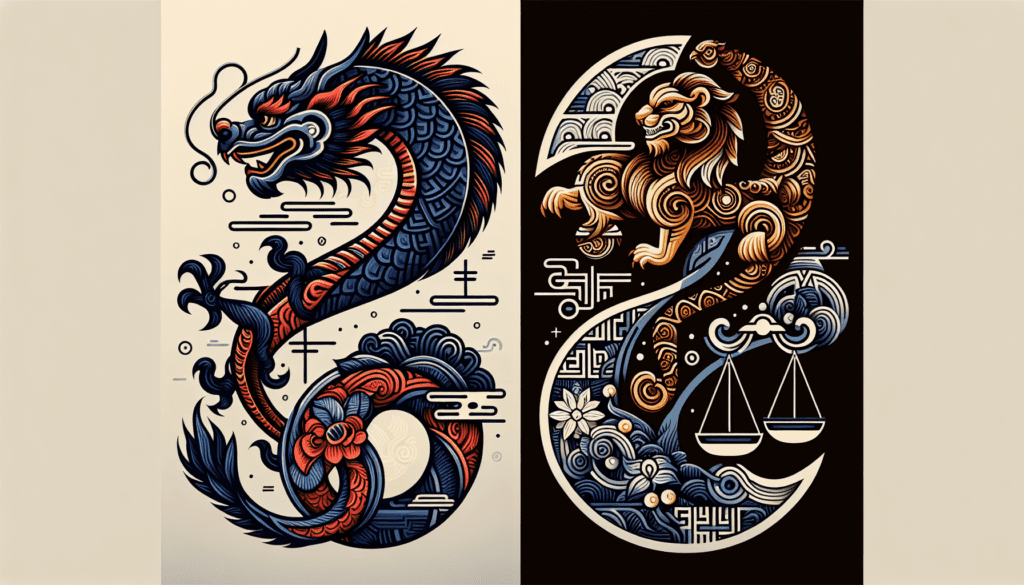
Practical Applications
Chinese Zodiac in Relationships and Compatibility
Chinese Astrology often pairs specific animals to determine compatibility, suggesting that some signs are naturally harmonious or antagonistic with each other. For example, the Rat and Ox are considered a perfect match due to their complementary traits, whereas the Tiger and Monkey may face challenges due to their differing natures.
Western Zodiac in Relationships and Compatibility
Western Astrology works similarly with elements and modalities influencing compatibility. Fire signs (Aries, Leo, Sagittarius) are compatible with other Fire and Air signs, while Earth signs (Taurus, Virgo, Capricorn) match well with other Earth and Water signs. These pairings focus on shared qualities, values, and communication styles.
Career Guidance
In Chinese Astrology, choosing a career path can be influenced by one’s zodiac sign. For example, a Rat might thrive in professions that require quick thinking and problem-solving abilities, such as law or business.
In the Western Zodiac, vocational directions can also be advised through sun signs. An Aries might be suited for leadership roles, while a Virgo could excel in detail-oriented fields like research or healthcare.
Daily and Long-term Decision Making
Both systems can provide daily and long-term guidance. The favorable or unfavorable years, months, or days determined by the Chinese Lunar Calendar can guide important decisions. Similarly, Western Astrology uses transits and progressions to predict favorable times for significant undertakings.
Philosophical Underpinnings
Philosophy in Chinese Zodiac
The Chinese Zodiac doesn’t stand alone but is an integral part of a broader cosmological belief system including the Yin-Yang dualism and the Five Elements Theory. These philosophies not only define personal characteristics but also offer a balanced approach to life and nature.
Philosophy in Western Zodiac
Western Astrology incorporates aspects of Greek philosophy and mysticism, focusing on the influence of celestial bodies on human life. Astrology is often intertwined with the concept of the “macrocosm and microcosm,” suggesting that individual lives reflect the larger universe.
Comparison in Philosophical Depth
Both zodiacs carry profound philosophical ideologies. The Chinese approach is more holistic, integrating mind, body, and spirit in harmony with nature, whereas the Western perspective often leans towards psychological self-awareness and personal growth.
Misconceptions and Criticisms
Misconceptions about Chinese Zodiac
A common misconception about the Chinese Zodiac is reducing it to mere superstition without recognizing its historical, cultural, and philosophical depth. Another misconception is assuming personality traits in the zodiac are fixed, whereas Chinese Astrology considers various dynamic elements.
Misconceptions about Western Zodiac
For the Western Zodiac, a frequent misconception is oversimplification, treating astrology as a fad rather than a comprehensive and ancient practice. Skepticism often arises from daily horoscopes that offer vague predictions, overshadowing more in-depth astrological research.
Criticisms
Both systems face criticism for the perceived lack of scientific validity. Critics argue that astrology’s reliance on celestial bodies lacks empirical evidence, often dismissing it as pseudoscience despite its extensive historical and cultural significance.
Concluding Thoughts
The Chinese Zodiac and Western Zodiac not only provide insights into personality traits and compatibility but also reflect rich cultural heritages and philosophical beliefs. Understanding these zodiac systems can enhance self-awareness and offer a different perspective on personal and social dynamics. Whether used for planning life events or understanding oneself better, both zodiacs continue to hold significant relevance in contemporary society.
Learning more about these two intricate systems of astrology can expand your worldview and provide valuable tools for personal reflection and growth. Whether you find powerful personal resonance in the Rat or relate deeply to the characteristics of a Virgo, the interplay of these cosmic systems remains a fascinating aspect of human culture and belief.

